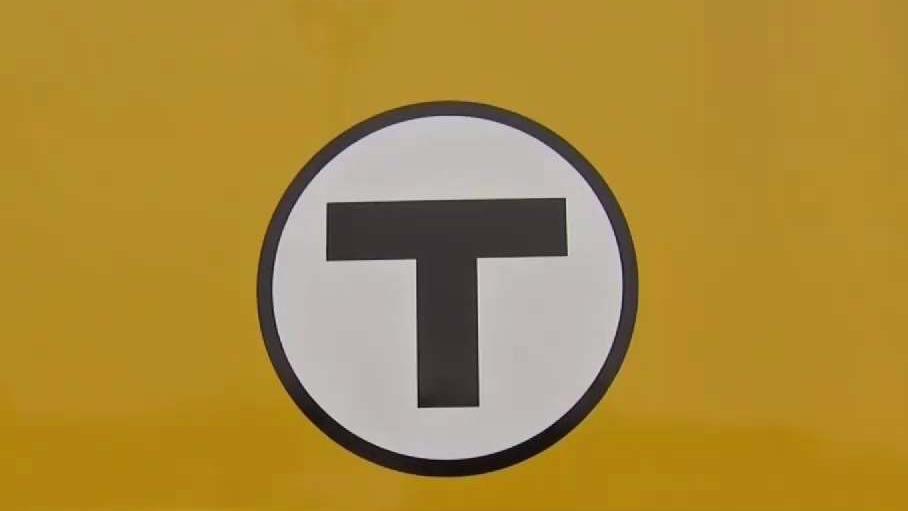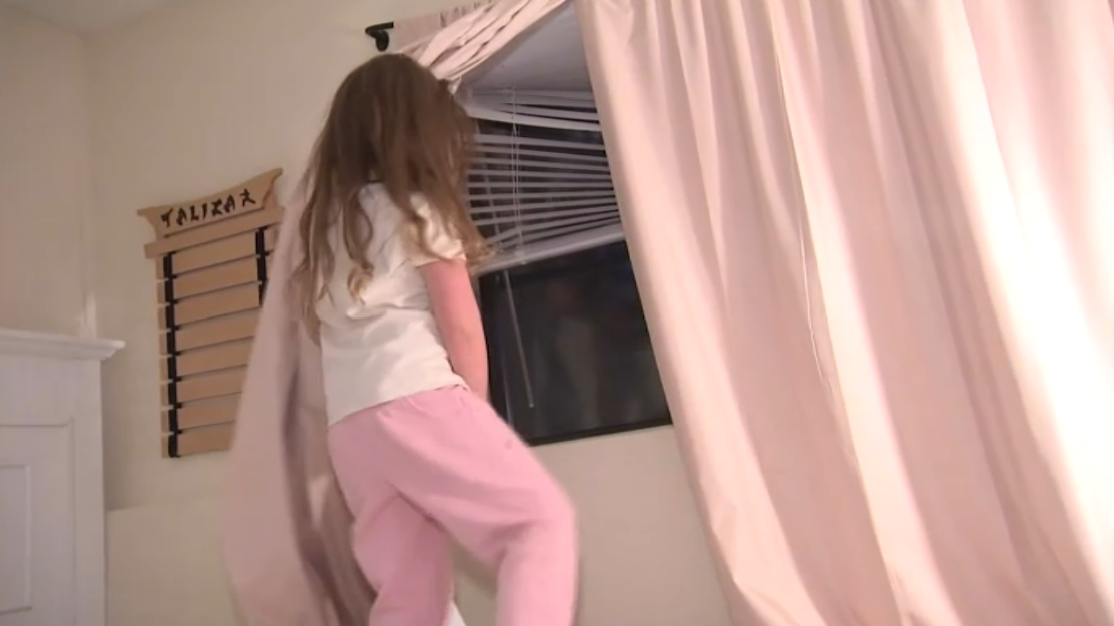Massachusetts Senate staffers attempting to unionize their ranks are still waiting for a reply from Senate President Karen Spilka and looking ahead to a law change that could be necessary to unionize a group of legislative employees.
The group of Senate aides announced their intent to unionize with IBEW Local 2222 on Monday, after IBEW delivered a letter to Spilka's office last week seeking voluntary recognition of the union.
WATCH ANYTIME FOR FREE
>Stream NBC10 Boston news for free, 24/7, wherever you are. |
"We're still waiting to hear from the Senate president," said Shelly MacNeill, chief of staff to Sen. Michael Moore.
MacNeill said organizers have asked for a staff list in order to verify union cards, and have secured a third-party arbiter to handle that work.
Get updates on what's happening in Boston to your inbox. Sign up for our >News Headlines newsletter.
"And then it really is sort of up to the Senate president if she's willing to recognize us voluntarily," said MacNeill, adding that next steps would include any necessary legislation to facilitate the process.
"And then from there, we'd have a sit-down with the Senate president and whoever else needs to be in the room with IBEW to talk about what the things are that are our goals, and start the negotiations," she said.
Jaime Watson, legislation and policy director to Sen. Becca Rausch, told the News Service that pro-union staff are "still hopeful" for voluntary recognition from Spilka.
Evan Berry, Rausch's communications director, told the News Service on Wednesday morning that neither the staff group nor IBEW had received any reply yet from the president's office.
A Spilka spokesman did not provide any answers Tuesday when asked if the Ashland Democrat planned to meet with union or staff representatives, or whether she would voluntarily recognize the union.
In the past, Spilka worked as a labor and employment law arbitrator and mediator, and as a labor and employment attorney. According to her website, she performed legal work "on behalf of employees, unions, the Massachusetts Water Resources Authority (MWRA), and the Commonwealth."
MacNeill said that staff have appreciated "good strides" under Spilka's leadership, like commissioning an independent review on the branch's staffing structure and compensation policies, but "there's nothing sort of cementing that progress for the future."
The office of Senate president is term-limited -- under current rules, Spilka can serve eight consecutive years, or until 2026. MacNeill said that a union could be a constant that transcends leadership changes to let staff "feel a little bit more security."
For public employees looking to unionize, state law is clear in articulating the rights of executive agency staff and judicial branch staff. Employees of the Legislature appear to be left out.
At issue is Chapter 150E of the General Laws, which deals with labor relations for public employees. Section 1 of that chapter defines the public employees covered under the law as employees of the executive or judicial branches, with no mention made of legislative branch staff.
"Legislators write and pass laws," Watson said, "and if that is a hurdle standing in the way, if the body has a will to do it, the legislators could change that hurdle with the stroke of a pen."
Why organize legislative staff with the International Brotherhood of Electrical Workers?
Some public employee unions like NAGE or the SEIU have more business before the Legislature, MacNeill said, "and we tried to really find, to organize with a group to minimize those conflicts. ... IBEW made sense."
When employees of the state Democratic Party unionized in 2020, it was also with IBEW.
Former Sen. Steve Tolman, who served more than a decade in the Senate and now leads the Massachusetts AFL-CIO, which also has legislative priorities pending, was quoted Monday in an IBEW press release that announced the Senate unionization push, although his quote did not speak directly to the State House effort.
More Massachusetts news
Reached Tuesday by phone, Tolman said he was "not going to get in the middle of that right now." The former senator from Brighton said he had been talking with people in the State House about the push "now that it's out," but had not made any plans yet about whether to get directly involved.
"I have no control over this. I'm with the AFL-CIO, so we're obviously the umbrella organization of the labor movement, but this is a very delicate situation, and a lot of feelings can get hurt if things are misconstrued," Tolman told the News Service.
"I'm not going to get into the Peyton Place of the issues, please, between what's going on over there," Tolman said. "This is a healthy environment. People like unions, right? And we'll see what happens. The Senate president was a labor lawyer, for crying out loud. Everybody understands. It's up to them, whether they decide to -- first of all, you'd have to change the law to allow it, which is an easy fix if they wanted to. And the rest is between the employees and the people there."
When he left the Senate in 2011 to lead the Mass. AFL-CIO, Tolman mentioned the pay of Senate staff in his farewell speech, and drew laughs when he said he would like to change the law to organize them into a union, according to SHNS coverage of the speech.
With just such an idea gaining traction, MacNeill said it was around March 2019 that she first attended a meeting with "just a handful" of aides interested in unionizing.
A 28-year veteran of the State House, she said that while staff work closely with their senator, they are technically hired by the Senate president. And with the Human Resources department and Senate Counsel also reporting to the president, "it's all very intertwined here."
Watson, who arrived in Sen. Rausch's office around six months ago, said joining a union felt natural to her.
As a child, she said, she would accompany her father -- a union rep with a machinists' union on the West Coast -- to rallies and picket lines. When she learned of the Senate union talks it was "really a no-brainer" to sign the card.
"Even though I've only been in the Senate for six months, there were some pretty glaring issues around pay equity and the waiting period for health care to be accessible to workers," Watson said. "Those are really tough issues for me, and I was really interested in joining with my colleagues so we could negotiate for better terms for our work."
One House staffer said Tuesday that there is some interest in unionizing among that chamber's legislative employees, but that so far the effort has featured more early discussions than outright organizing.
Another House aide told the News Service that House staff hope to follow their Senate counterparts in order to establish a State House employees' union that represents both branches. The aide said that issues of concern on the House side largely mirror those in the Senate and include pay inequity, fairness in hiring practices, workforce diversity, gaps in health care coverage, lack of training, and insufficient security protocols.
Asked for his thoughts Tuesday on the push by Senate staffers to unionize, Quincy Sen. John Keenan pulled out his phone, opened the Twitter app and showed a News Service reporter a tweet he had posted in support less than two hours earlier.
"Mass. residents are fortunate to have incredibly talented, committed legislative staff working hard on their behalf," Keenan read aloud from his own Twitter account. "It's important we recognize their invaluable service and rights to fair wages, benefits and a safe, supportive workplace. I stand with them."
Keenan, a six-term Democrat, said he has not had "a lot of conversations" about the unionization effort with his own staff but "told them that I would support whatever they decided to do."
The unfolding situation puts legislators, who on Beacon Hill frequently promote collective bargaining rights, squarely in the center of a union push occurring in their own workplace.
Several lawmakers were quick to tweet their support following Monday night's announcement, including Sens. Keenan, Diana DiZoglio, Jamie Eldridge, Becca Rausch, and Sonia Chang-Diaz, and Reps. David LeBoeuf, Natalie Higgins, Mike Connolly, Erika Uyterhoeven, Jake Oliveira, Paul Mark, and Liz Miranda. Miranda is currently running for Senate.
"As a card carrying, dues paying member of @IBEW it is amazing to watch as State House workers take it upon themselves to organize and become members of #IBEW2222 @BeaconHillUnion so they can bargain collectively for a better future. I stand with you," Rep. Mark of Peru tweeted along with a picture of his own IBEW dues card.




